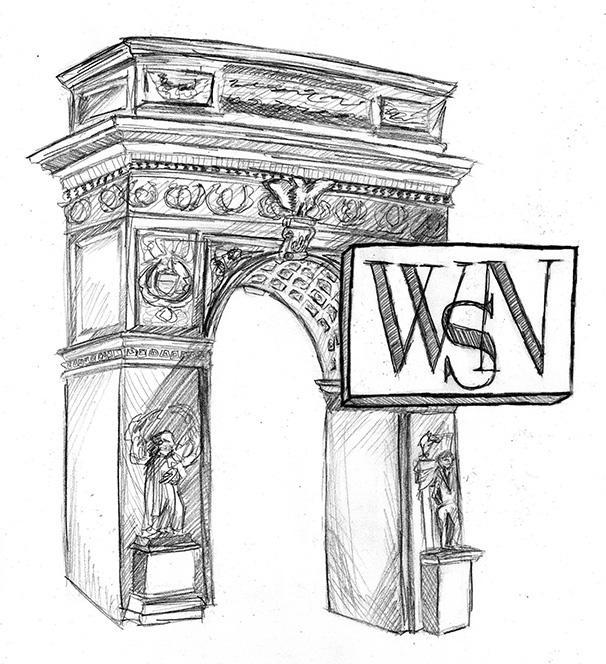Committee Offers Progress, Scapegoat
March 7, 2016
In an email sent to the university on Wednesday, President Andrew Hamilton introduced a new committee dedicated to reducing NYU’s cost of attendance. The Affordability Steering Committee will include deans, faculty members and students. While the idea of having a committee comprised of various members of the NYU community is a sound one, it does open the system up to the pitfalls of bureaucratic redundancy. Without sufficient accountability and transparency, the Affordability Steering Committee could be doomed to live in a state of administrative limbo.
Hamilton’s actions are a nice change of pace from the Sexton administration’s. Whereas the Sexton administration largely eschewed transparency — a strategy that earned him multiple votes of no confidence from NYU faculty — the new affordability committee offers a direct link to the NYU community at large. Committee seats will be held by an equal number of students, faculty and administrators, thereby ensuring at least some representation of opinions that don’t come from the ivory penthouse. The formation of the Affordability Steering Committee is a good first step towards finding potential solutions to two of NYU’s trademark issues: affordability and administrative openness.
While the inclusion of NYU faculty and students is a step in the right direction, it still is unclear whether the committee will have the power to significantly affect university policy, or merely become an echo chamber of complaints without action. The spectre of Sexton’s 2031 looms over the board both as a symbol of how not to deal with NYU’s stakeholders and as one of the biggest and most obvious obstacles to affordability that is still in place. The committee needs to create and establish concrete changes to NYU’s finances beyond minor economizing on the edges. Only then will the community be able to tell whether Hamilton is serious about making NYU affordable.
Without clear accountability or parameters, the committee is at risk of being used as a scapegoat, to offer the administration plausible deniability. Forming a committee with faculty and students doesn’t mean anything if the committee can not enact meaningful change in the administration’s practices. The committee may provide Hamilton access to the collective wealth of ideas available in the NYU community, but the administration must increase transparency to prove how it will do so.
What the committee actually does, who it’s accountable to and to what degree its information will be public must be made clear to the NYU community. Without these measures, the administration will find it difficult to convince faculty and students that their concerns are actually being heard. We want honest, community-driven change, and with the right measures in place, the Affordability Steering Committee could easily provide it. Without these measures, the committee will just be another complaints department for our gripes to go straight to voicemail.
A version of this article appeared in the Monday, March 7 print edition. Email the WSN Editorial Board at [email protected].










































































































































